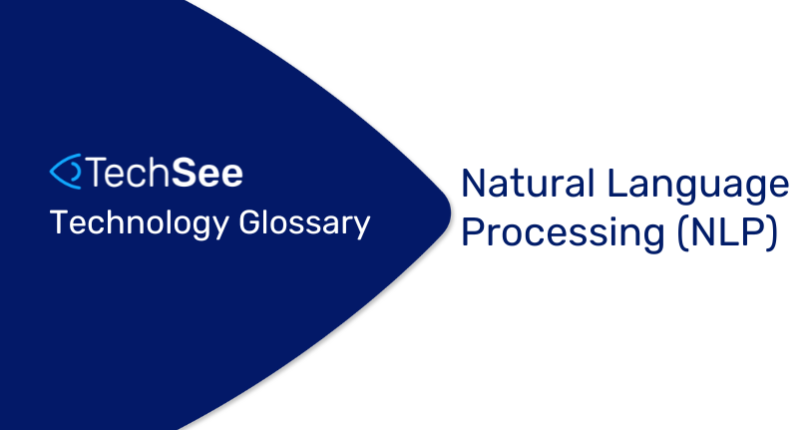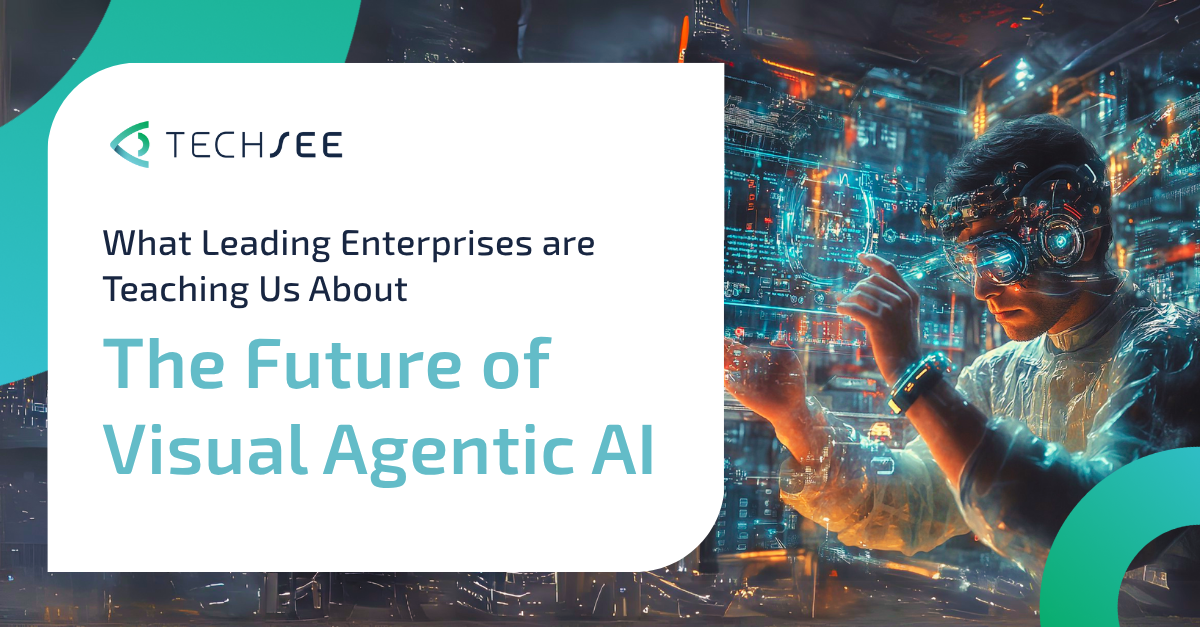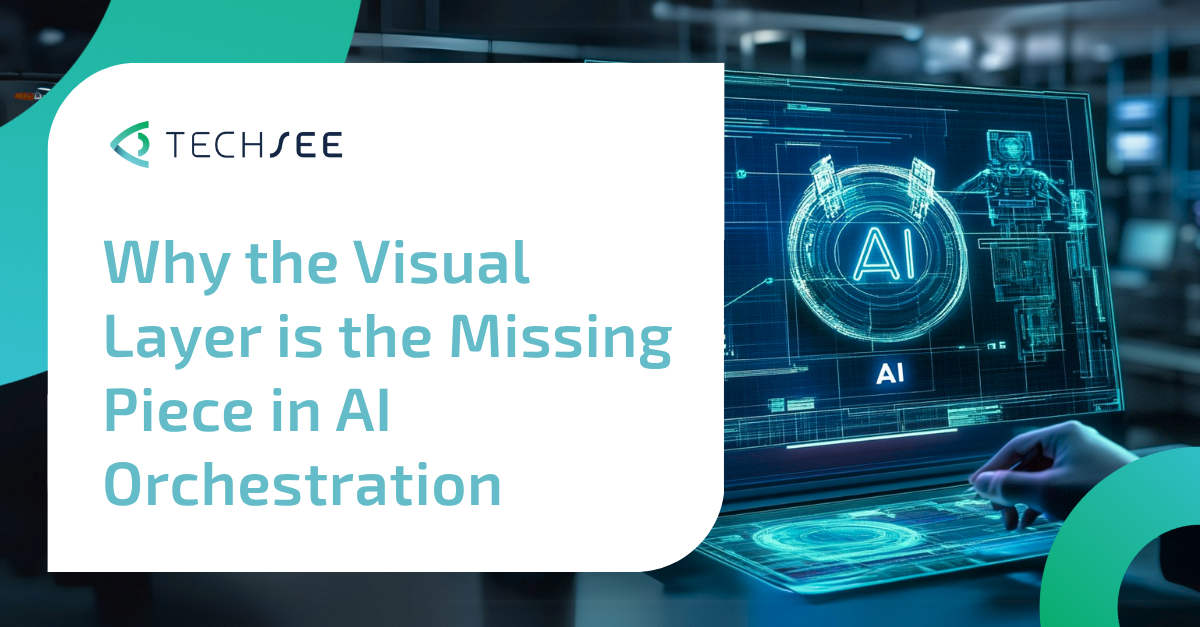What is Natural Language Processing (NLP)?
Natural Language Processing (NLP) is a subfield of artificial intelligence (AI) that focuses on interacting with computers and humans through natural language. It involves the development of algorithms and models that enable machines to understand, interpret, and generate human language in a meaningful and helpful way. NLP encompasses a range of tasks, including text analysis, translation, speech recognition, and sentiment analysis.
Role of Natural Language Processing in Customer Service and CX
Understanding Customer Queries
NLP is not just a theoretical concept but a practical tool that enables customer service systems to understand and process customer queries accurately. By analyzing the language used by customers, NLP models can identify the intent behind their questions and provide relevant responses. This capability is essential for delivering effective and efficient customer support.
Enhancing Chatbots and Virtual Assistants
NLP is not just a technology but a game-changer in the world of customer service. It is fundamental to the operation of chatbots and virtual assistants. These AI-driven tools use NLP to comprehend and respond to real-time customer inquiries, offering a seamless and interactive customer service experience. This allows businesses to provide instant support, reduce response times, and handle more inquiries.
Sentiment Analysis
NLP techniques can be used to analyze customer feedback and determine its sentiment. This helps businesses understand customer emotions and satisfaction levels, allowing them to address issues proactively and improve the overall customer experience.
Automating Routine Tasks
One of the most significant benefits of NLP is its ability to automate routine customer service tasks. By leveraging NLP, businesses can automate tasks such as answering FAQs, processing orders, and handling simple troubleshooting. This automation frees human agents to focus on more complex and high-value interactions, improving efficiency and service quality.
Personalizing Customer Interactions
NLP enables personalized customer interactions by analyzing and understanding customer preferences, behavior, and history. This allows businesses to tailor their responses and recommendations to each customer, enhancing the overall customer experience.
Differentiating Between NLP and Large Language Models (LLMs)
Natural Language Processing (NLP)
NLP involves a broad set of techniques and algorithms to enable computers to process and understand human language. It includes tasks like tokenization, part-of-speech tagging, named entity recognition, and syntactic parsing. Traditional NLP methods rely on rule-based systems and statistical models to analyze text.
Large Language Models (LLMs)
LLMs are a subset of NLP that use deep learning techniques to understand and generate human-like text. These models are trained on vast datasets and can comprehend context, infer meaning, and produce coherent responses. Unlike traditional NLP, LLMs can generate contextually relevant and fluent text, making them more suitable for advanced applications like conversational AI and content creation.
Role of Multisensory and Multimodal AI in NLP
Advanced Understanding
Multisensory and multimodal AI technologies enhance NLP capabilities by integrating information from various sources such as text, speech, and images. This holistic approach enables a more comprehensive understanding of customer queries and context, leading to more accurate and effective responses.
Visual AI Integration
NLP systems can interpret and respond to visual inputs alongside text and speech by incorporating visual AI. For example, an AI assistant can help a customer troubleshoot a technical issue by analyzing an image of a product and providing step-by-step guidance.
Enhanced Conversational AI
Multisensory AI improves conversational AI systems by enabling them to process and respond to multiple input forms. This leads to more natural and human-like interactions, as the AI can seamlessly understand and respond to spoken and written queries.
Agent Assist (Agent CoPilot)
NLP-powered Agent Assist tools provide real-time support to human agents by suggesting responses, offering relevant information, and guiding them through complex interactions. This improves agent performance and helps resolve customer issues more efficiently.
AI Agents
AI Agents leverage NLP to handle various customer service tasks autonomously. These agents can understand and respond to customer inquiries, provide troubleshooting assistance, and even engage in proactive support by anticipating customer needs based on previous interactions.
Benefits of NLP in Customer Service and Experience
Improved Efficiency
NLP automates routine tasks and processes, significantly improving operational efficiency. This allows human agents to focus on more complex and valuable interactions, relieving them from the burden of repetitive tasks and enhancing productivity.
Cost Savings
By automating customer service tasks, NLP reduces the need for extensive customer support teams. This leads to cost savings in recruitment, training, and operational expenses.
Enhanced Customer Satisfaction
NLP enables quick and accurate responses to customer inquiries, reducing wait times and improving customer experience. Personalized interactions and proactive support further enhance customer satisfaction and loyalty.
Data-Driven Insights
NLP allows businesses to analyze large volumes of customer data, providing valuable insights into customer behavior, preferences, and pain points. These insights can inform business strategies, product development, and marketing efforts.
Scalability
NLP-powered systems can handle a large volume of customer inquiries simultaneously without compromising on quality. This scalability is particularly beneficial for businesses experiencing rapid growth or seasonal spikes in customer interactions.
Conclusion
Natural Language Processing (NLP) is a vital technology in customer service and experience, empowering machines to understand, interpret, and generate human language. By leveraging NLP, businesses can enhance customer interactions, automate routine tasks, and gain valuable insights into customer behavior. Integrating multisensory and multimodal AI technologies further amplifies the capabilities of NLP, leading to more accurate and effective customer support. For enterprise decision-makers, understanding and implementing NLP is not just beneficial but essential for achieving excellence in service and customer experience.
To learn more about Sophie AI’s state-of-the-art multisensory AI solutions, please schedule your complimentary demo today.





